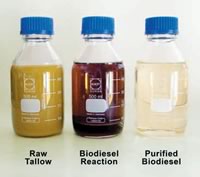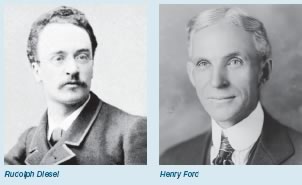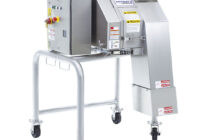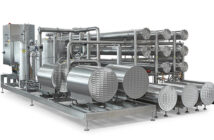
Auckland-based Ecodiesel is fighting to ensure that this country reaps greater benefits from the tallow by transforming it on a major scale into the ‘green fuel’ biodiesel.Ecodiesel’s multi-million-dollar facility at Onehunga cannot be completed because the National government has not agreed to extend its three-year bio-diesel grant scheme beyond June 2012.
This $36 million scheme was designed to jump-start such projects by giving up to 42.4 cents a litre to producers selling at least 10,000 litres a month. At least 120 million litres of high-quality biodiesel made from the meat industry by-product tallow could be produced annually in New Zealand.
Whichever party wins this month’s election, the company plans to intensify its lobbying for more government support.
That would create a new on-the-doorstep market for meat processors in New Zealand.
It would also be excellent for the environment because, in addition to being ideal for powering vehicles, it emits about a quarter of the greenhouse gas released from the fossil fuel variety.
Early this year Greenstone Energy confirmed that it was no longer prepared to invest, as anticipated, the millions required to complete the facility.

Other investors have has now agreed to provide the $5 million necessary but only if the government allows the requested extension.
“These people are prepared to invest, if required, in the blending, storing and distribution,” says Ecodiesel chairman Lindsay Fergusson.
“We’ve gone to the government with a signed agreement which is conditional only on the extension being granted.
“Still we’re being told no decision has been made. It’s so frustrating. Our plant is designed to initially produce 20 million litres a year and double that amount after it’s been operating for two years.
“It could be a completely win-win situation – particularly when you consider the impact on the environment – but if they don’t extend the scheme beyond June 2012 that’ll be the death of the bio-diesel scheme in New Zealand,” he says.
Diesel engines were patented by Paris-born Rudolph Diesel in 1898 – four years after he was nearly killed when an experimental model exploded.
Another early enthusiast was Henry Ford who proclaimed in 1925: “There is fuel in every bit of vegetable matter that can be fermented.
“There’s enough alcohol in one year’s yield of an acre of potatoes to drive the machinery necessary to cultivate the fields for 100 years.”
Even Ford, however, probably never imagined cars being powered by the lamb fat.





























































































